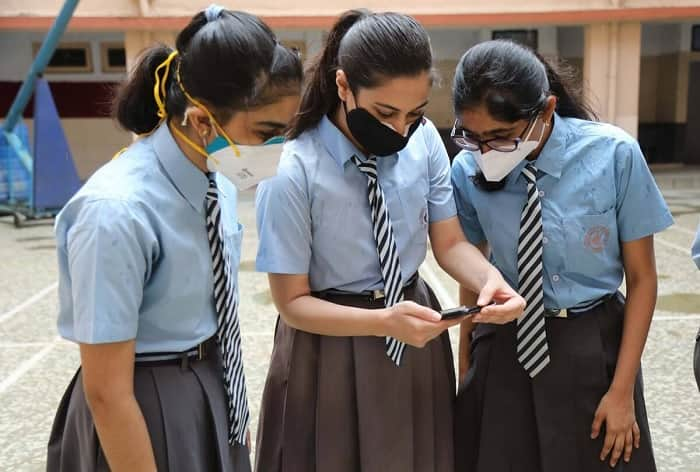The Council for the Indian School Certificate Examinations (CISCE) has issued new guidelines aimed at addressing the challenges faced by students with special needs.

The Council for the Indian School Certificate Examinations (CISCE) has issued new guidelines aimed at addressing the challenges faced by students with special needs. The compensatory time allotted to these students during board exams has been extended from 15 to 20 minutes, and they are now eligible for attendance relaxation on a case-by-case basis. Recently, CISCE has revised the ‘Guidelines for Comprehensive Support Measures in Examinations: Concessions and benefits for Diverse Needs Learners’ in line with the National Education Policy (NEP) 2020.
“It has been customary to provide concessions and benefits for students with benchmark disabilities as covered by the PRwD Act 2016. However, recognising the evolving landscape of learning needs and the limitations of relying solely on disability classifications mentioned in the Act, CISCE has taken a landmark decision to expand the scope of guidelines to include learning needs associated with disability conditions not falling under benchmark disability status, and Borderline Intellectual Functioning (BIF),” CISCE said.
Under the new guidelines, CISCE will provide special accommodations for students with Autism Spectrum Conditions. This includes granting them prior access to examination rooms and seating arrangements, as well as facilitating rapport-building with their designated reader, reader cum writer, writer, or adult prompter. Furthermore, students with Autism Spectrum Conditions will be offered earplugs or earmuffs to help them manage environmental distractions during examinations, according to CISCE.
This initiative by the council aims to recognize the diverse learning needs within schools and intends to broaden the range of support provided to students during examinations.

